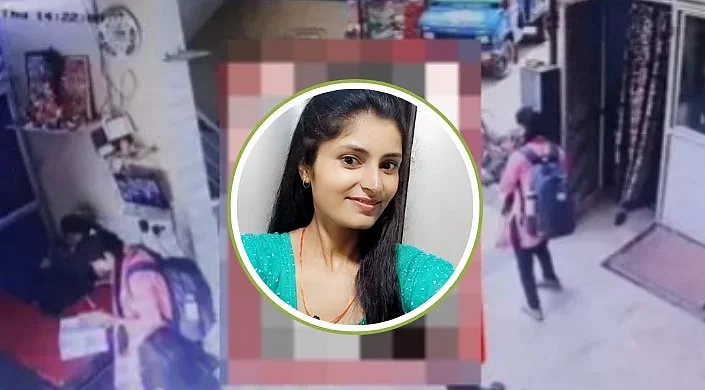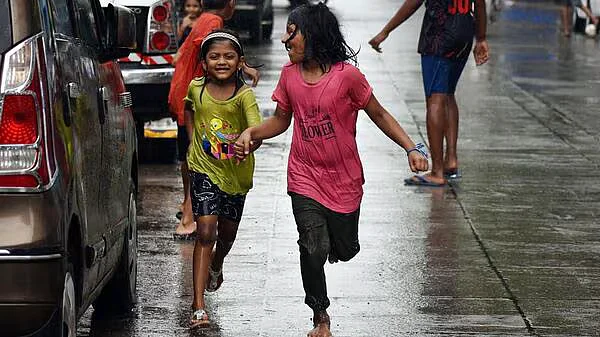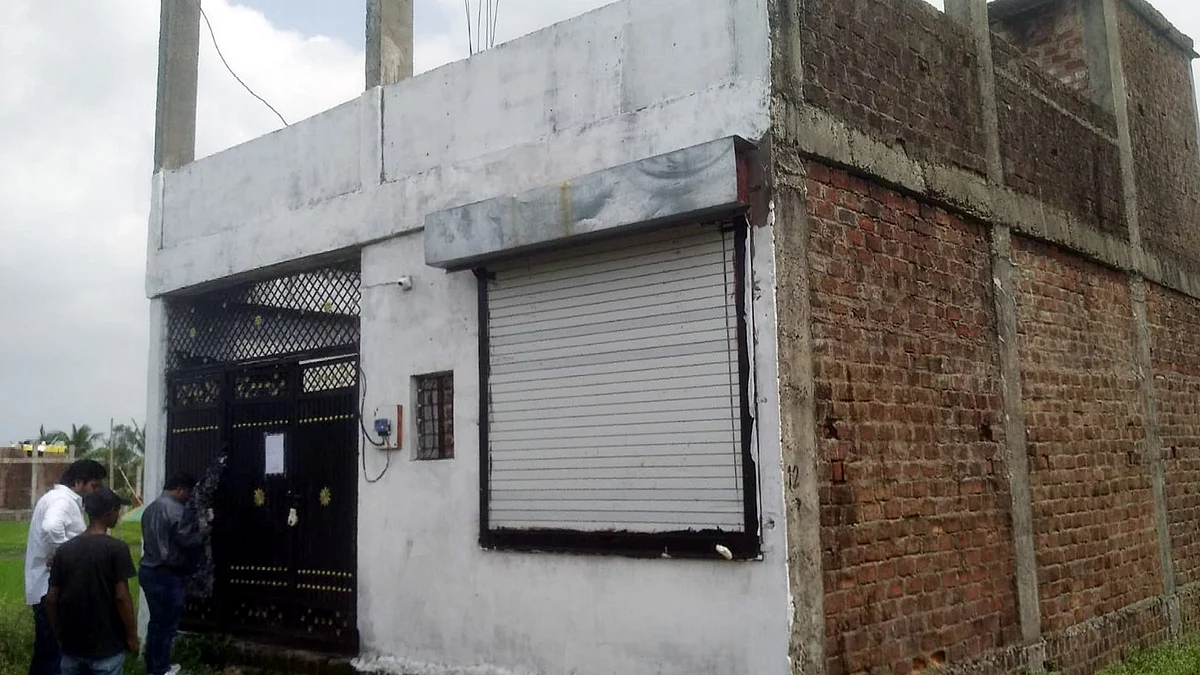Indore (Madhya Pradesh): Despite legal mandates and policy commitments, inclusion of children with special needs (CwSN) in CBSE-affiliated schools continues to fall short, both in reach and quality.
Data released by the Central Board of Secondary Education (CBSE) and findings from the PARAKH Rashtriya Sarvekshan 2024 have revealed systemic lapses in enrolment, infrastructure, teacher training and classroom practices.
According to CBSE’s examination data for 2025, 9,248 CwSN students from 4,484 schools appeared in Class X Board examinations, while 5,712 students from 3,107 schools sat for Class XII.
Though these numbers reflect a gradual rise in participation, they stand in sharp contrast to the World Health Organisation’s (WHO) estimate that around 15 per cent of any population lives with some form of disability (World Report on Disability, 2011).
The gap between the estimated number of children with disabilities and those actually enrolled and supported in schools, points to a persistent failure in identification, outreach and provision of services.
Many CwSN continue to remain out of school or remain invisible within them. The PARAKH Rashtriya Sarvekshan 2024 — a national school survey conducted by the Performance Assessment, Review and Analysis of Knowledge for Holistic Development (PARAKH) — presents a concerning picture.
Page 34 of the report states that while 52 per cent of schools with CwSN report providing some level of academic support, only 38 per cent have trained or certified special educators.
This shortfall, CBSE officials noted, directly undermines the intent of inclusive education policies, which require not just admission of CwSN students, but meaningful, individualised support throughout their schooling.
The survey also found that most schools lack basic accessible infrastructure. Ramps, lifts, tactile signage and accessible toilets are missing in many campuses.
Specialised learning materials such as Braille books or assistive technologies are rarely available. Despite policy emphasis on inclusive pedagogies, classrooms remain largely unprepared to adapt teaching methods for diverse learning needs.
These findings are in direct contradiction to the obligations under the Right of Children to Free and Compulsory Education Act, 2009, the Rights of Persons with Disabilities Act, 2016 and the National Education Policy (NEP), 2020, all of which call for full inclusion of children with disabilities in the school system, noted CBSE coordinator UK Jha.
Responding to the data, CBSE has issued a detailed circular reminding all affiliated schools of their legal and regulatory responsibilities.
The board has reiterated that inclusive education is not optional and that failure to meet minimum inclusion norms will be treated as non-compliance.
The circular outlines a set of binding requirements:
Schools must declare the number of CwSN seats available under the reserved quota at the time of admissions, in accordance with State/UT government policies.
All eligible CwSN applicants must be admitted within the quota and receive appropriate academic and infrastructural support.
Schools must appoint at least one full-time, trained special educator (as per Clause 2.4.12 of the CBSE Affiliation Bye-Laws).
All schools are directed to comply with inclusive infrastructure norms laid out in CBSE Circular No. 11/2024 dated 9 August 2024, including ramps, lifts, accessible toilets and tactile signage.
Accurate data on CwSN must be updated on the CBSE’s OASIS and examination portals, including documentation for exam-related accommodations.
Inclusive pedagogical practices — including differentiated instruction, assistive technology and inclusive learning materials — must be adopted across classrooms.
Schools are required to ensure regular capacity-building for teachers in line with CBSE’s training policies.
CBSE director (academics) Praggya M Singh stated that, ‘Inclusive education is not merely a policy requirement but a constitutional and moral obligation.’
She called on principals and school managements to take ‘sincere, immediate and systemic’ steps to uphold the rights of students with disabilities.

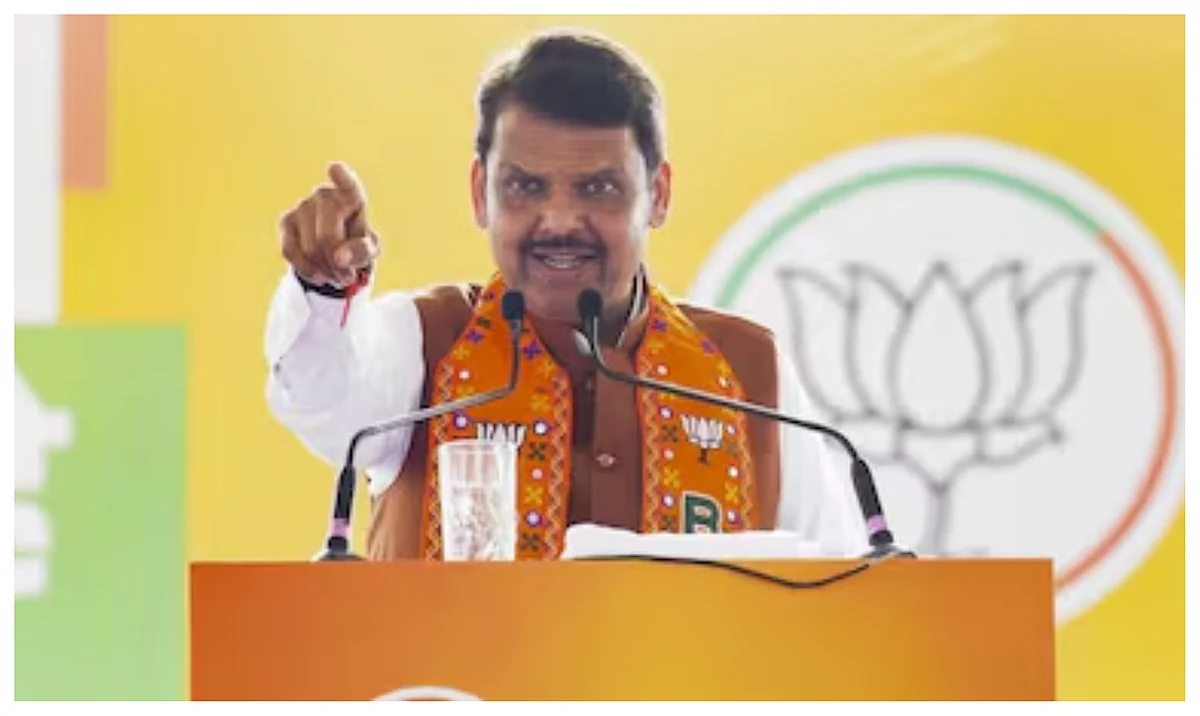
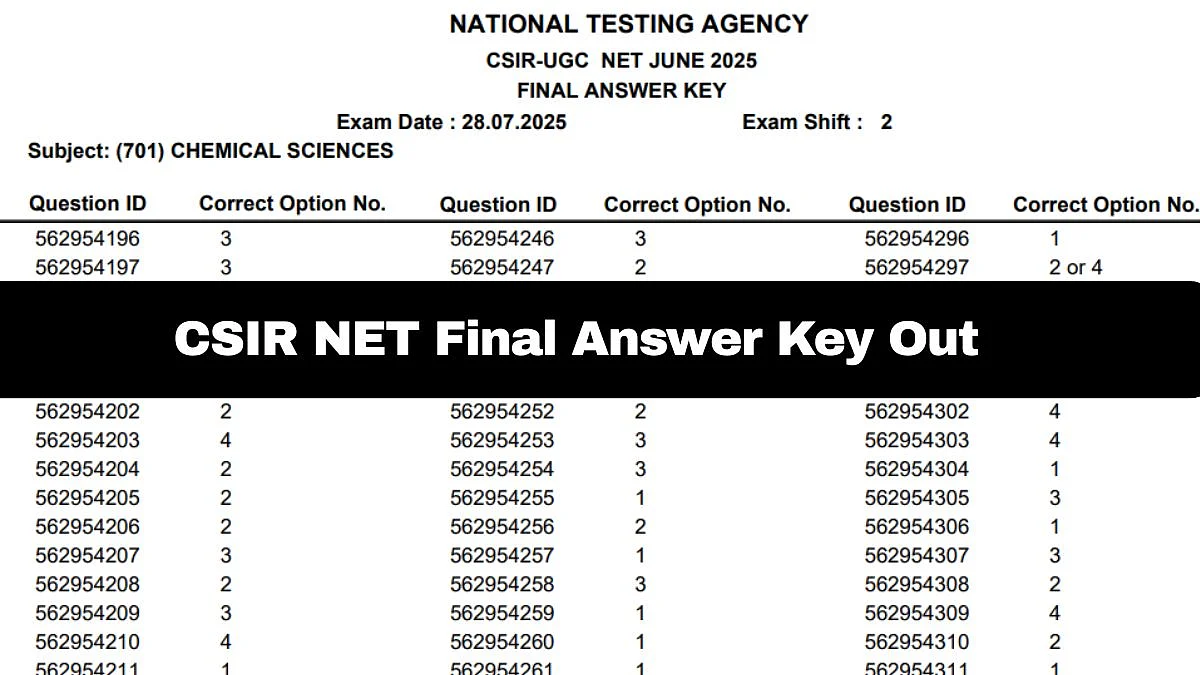
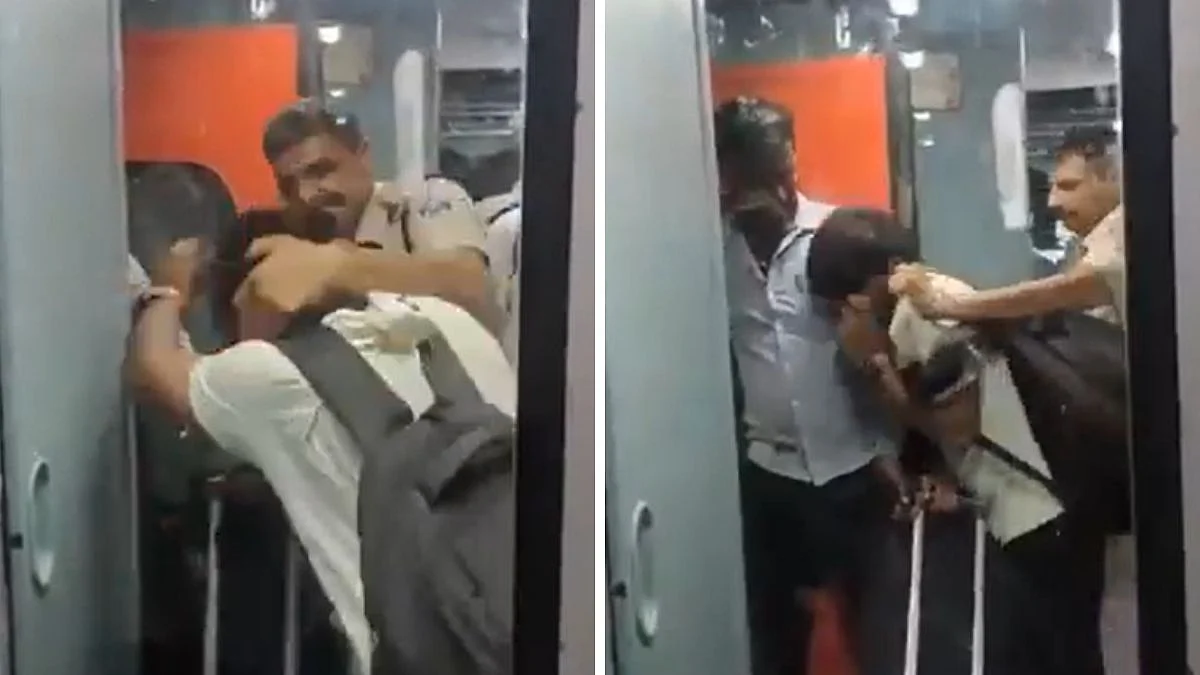
.jpg)
